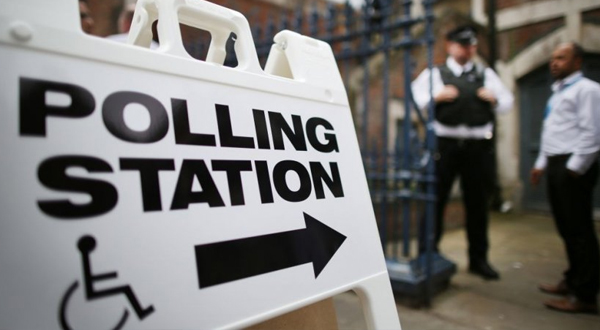In occupied Kashmir, the longstanding Indian occupation and resentment against it among local population is affecting the psyche of Kashmiri children, says a report.
The report published in Srinagar-based English daily, Rising Kashmir, says that frequent crackdowns, raids and cordon and search operations have created symptoms of extreme paranoia and intermittent explosive disorder (extremely volatile aggression) and even depression among Kashmiri children. The report further says that habitual of experiencing irregular schools, frequent shutdowns and internet outage also deprive them of healthy childhood.
Childhood is the most cherished part of one’s life, but in Kashmir it seems to have lost its essence. “What is the Indian government doing in Delhi? Dictating the Army to kill us all? We want freedom from this,” says Husain, a 2nd grader at the Shah-e-Hamdam Leaders School.
The resentment has been reinforced further after the 2016 uprising with more children looking upto martyr Burhan Wani as their role model. “I want to be Burhan Wani of Kashmir,” says a six-year-old student.
“I want to ask India if they are allowed to put up pictures of their ideals like Gandhi in their offices and homes, then why are we Kashmiris not allowed to put up picture of Burhan Wani?” says Shafqat, a 5th grader at the school.
According to Mallika Narang, a Delhi-based Psychologist, childhood is the time to develop a sound mind and a healthy environment is a prerequisite for it. Narang believes Kashmiri children, who are brought up in a conflict-ridden environment, have higher chances of developing Post-Traumatic Stress Disorder (PTSD), depression, anxiety, phobia and issues pertaining to aggression.
“Children brought up in such an environment is only resulting in a generation which is developing a conflict within, leading to a more difficult personal journey ahead,” she says.
According to a Chennai-based Psychologist, Purwai Pravah, regression analyses has revealed that witnessing violence and victimization prior to age 10 predicted delinquency and violent behaviors.





